Statement: This statement is intended to provide further context to the article that first appeared in the online edition of The Australian under the title, ‘Carbon war: it’s the offsets firm versus the green activists’ shortly after 10pm on Monday 19 May 2025.
Key points – GreenCollar:
- exists to achieve measurable and independently verifiable conservation outcomes at scale;
- wholeheartedly supports government reforms that encourage voluntary climate mitigation, emissions reduction and conservation action;
- is responding directly to the misguided notion that carbon credits are, as offsets, propping up the fossil fuel industry;
- is continuing our own voluntary initiatives to measure and offset our own organisational emissions
- has decided not to pursue Climate Active certification for our own emissions under the current form of the program while continuing to support our clients who choose to utilise its certification.
GreenCollar is dedicated to achieving conservation outcomes at scale
GreenCollar was established in 2011 with the aim of establishing land sector solutions to conservation that could be replicated and expanded at scale. Our objective was to work in partnership with landholders to establish land management projects on the vast expanses of privately held land outside national parks and world heritage areas that would result in preservation and regeneration of native vegetation. Such an outcome would deliver preserved and restored habitats, ecosystems and species populations.
The mechanism whereby investment could be attracted to these projects was through the quantification of scientifically measured and independently verified outcomes so they could generate a credit that could be traded to investors (predominantly private) on environmental markets.
The policy and political infrastructure that was implemented by the Australian Government at the time supported carbon projects and credits. So the first environmental market to be established was a carbon market.
Carbon projects employ methodologies that abate and sequester carbon, producing an ACCU. However, the benefits of these projects go beyond simply climate – the regeneration and preservation of native vegetation is regenerating and preserving habitat, ecosystems and species – the objective GreenCollar set out to achieve.
Under this regulatory regime, carbon credits could be utilised by heavy polluters, including fossil fuel companies, to offset the emissions they could not avoid by working to decarbonise their own operations and supply chains.
The critical distinction here is that GreenCollar was and is in the business of partnering with landholders to generate environmental credits as a conservation investment mechanism. Under the Australian Government’s regulatory framework, one of the ways carbon credits can be used is as an offset for emissions by large industrial facilities, including fossil fuel companies. They can also be used for voluntary purposes, such as in an organisation’s ESG frameworks.
Offsets are only one use for a carbon credit.
The reality is that it would be impossible to produce enough carbon credits for these large emitters, including fossil fuel companies, to avoid decarbonising and continue their operations at present or historical levels.
GreenCollar fully supports the phase out of fossil fuels.
Attacks on the use of carbon credits as offsets = a green sector ‘own goal’
There are a small group of well funded critics that do not support the use of offsets for this purpose.
They have campaigned heavily and consistently on this subject.
In the process they have sought to demonise carbon credits and ACCUs in general.
This is despite their intended purpose – the extremely valuable roles they play, and can play as they scale, in harnessing the power of the land sector to reduce emissions and assist in the regeneration and protection of habitat, ecosystems and species across the country.
It is also despite a wealth of scientific evidence and independent reviews that continue to demonstrate that the ACCU system works and is robust in nature.
GreenCollar’s view is that this is an ‘own goal’ for the green sector in our country because it is damaging the reputation of this mechanism and thus, its ability to grow and have the opportunity to deliver the critical conservation outcomes for which it was designed.
It is also damaging the reputations of landholders that have made sincere investments and undertaken substantial risk to mount these long term projects, the companies that work with them to develop these projects and the methodologies under which they are conducted, organisations that voluntarily use credits for ESG purposes, the scientific community that conducts the research that underpins this work and works to maintain its integrity, and the policy sector that also researches, interrogates and helps shape these approaches.
But most of all, it has grave potential to damage our environment in the long run – because there are precious few other options that can deliver. Though an absolutely critical tool in our conservation arsenal, simple lone reliance on passing legislation to protect the environment, ecosystems and individual species has proven time and time again to be insufficient.
Collateral damage – Climate Active
In GreenCollar’s view, such campaigning has substantially negatively impacted the ability of the Australian Government’s Climate Active initiative to effectively deliver on its objectives and therefore to effectively function in its current form.
As carbon offsets are a key feature of the Climate Active program, it has been significantly negatively impacted and tarnished, by the activities of these campaigns, as an exercise in greenwashing.
That said, GreenCollar sees strong value in a government-sanctioned certification program of this nature to continue in the Australian market and strongly supports moves to reform and update Climate Active.
However, given the level of criticism described above GreenCollar has made the corporate decision to cease pursuing certification under the program. GreenCollar will nevertheless continue to undertake all the activities required under the program for our own internal purposes, such as calculating our carbon footprint and retiring credits accordingly. We encourage other organisations to understand their own carbon footprints, minimise them and use carbon offsets for their residual emissions. If they choose to purchase GreenCollar credits and use the ClimateActive program to certify these activities, we will continue to support them to do so.
END







